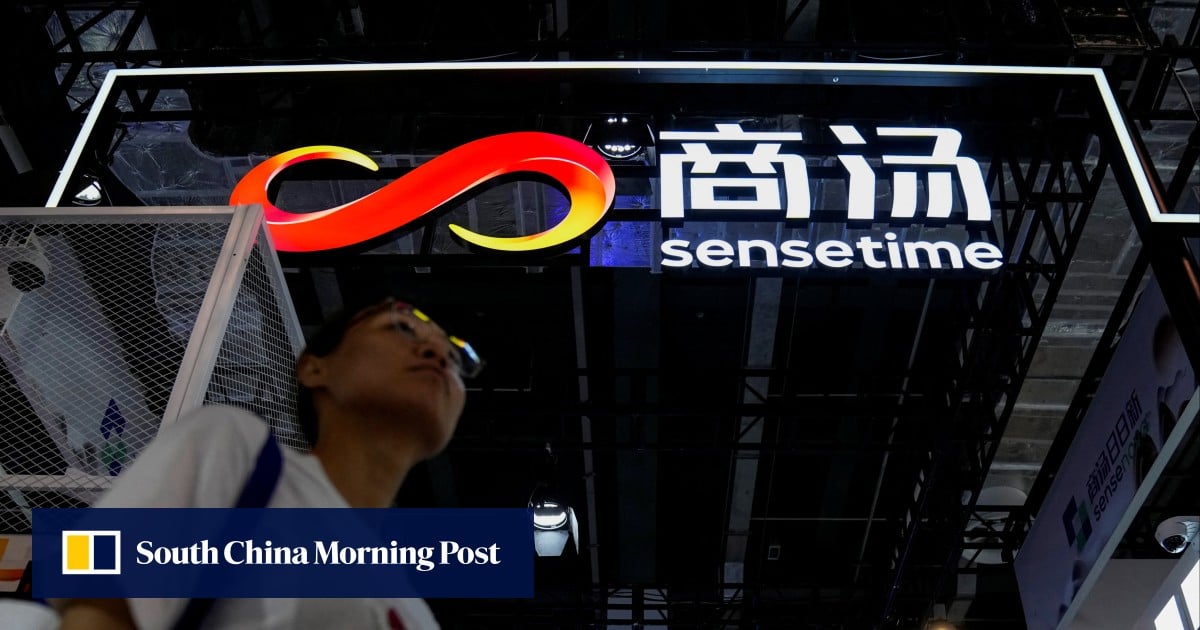“We actually adapt our AI algorithms to more than 50 chipsets, so that’s why our [infrastructure] has a strong [operating system] layer, which is transparent to our users,” Xu told the South China Morning Post in an interview on the sidelines of the event at Science Park. “Some other [companies] also have developed their own chips … but to us, we actually embrace partners in the market.”

Xu acknowledged that the company faces challenges from the US-China geopolitical tensions, but he noted that this is not unique to SenseTime.
“It’s definitely a challenge, but it’s not a challenge only to SenseTime, but I think to most Chinese tech companies,” he said. “That’s why we have developed other systems adapting to different, for example, China-made GPU [graphics processing unit] chips.”
“Our goal is using recent technologies to optimise the inference efficiency so that everybody can make it affordable,” he said.

